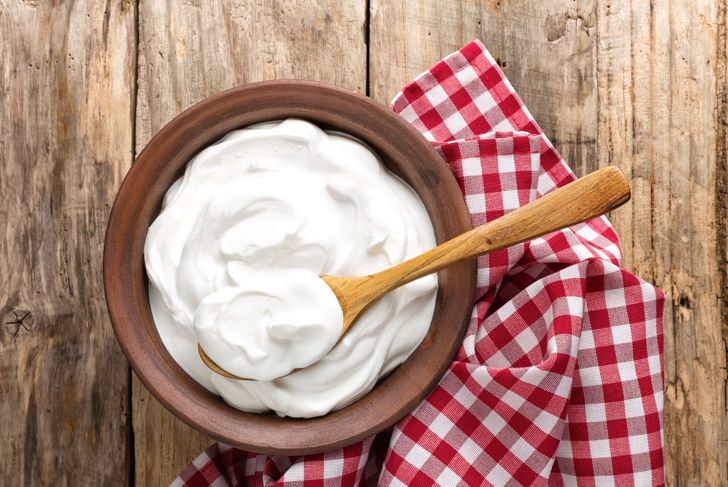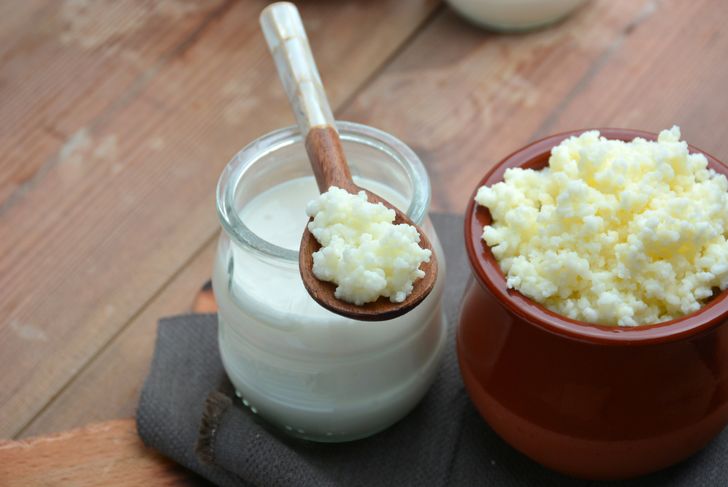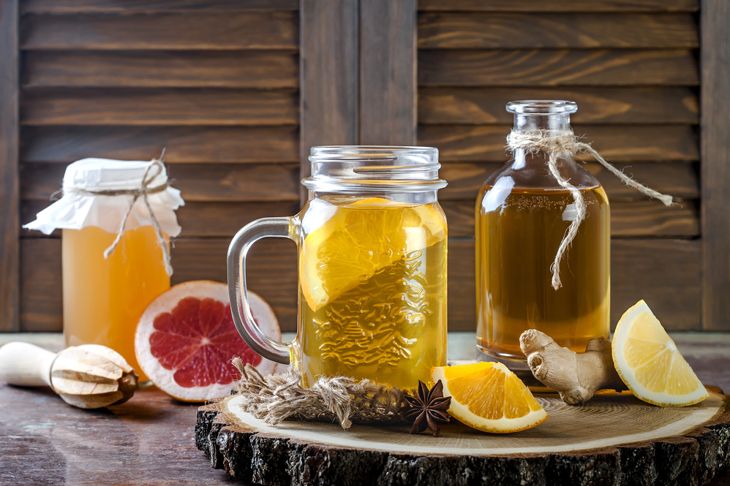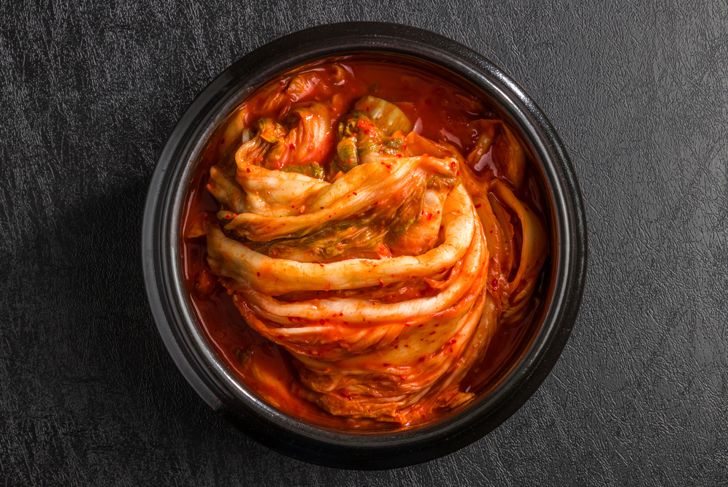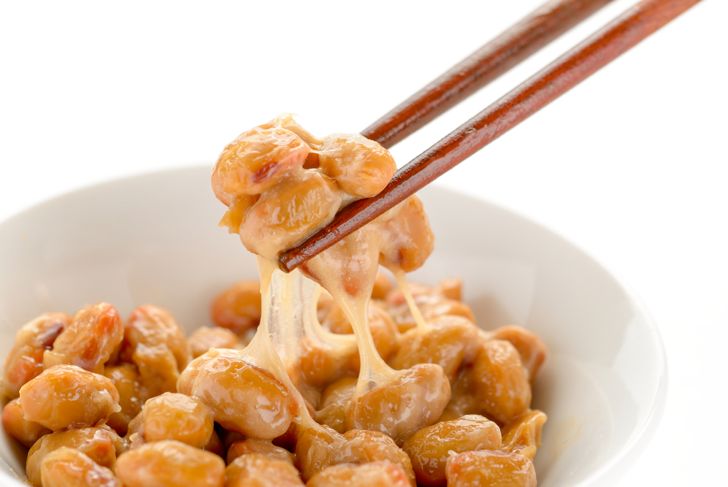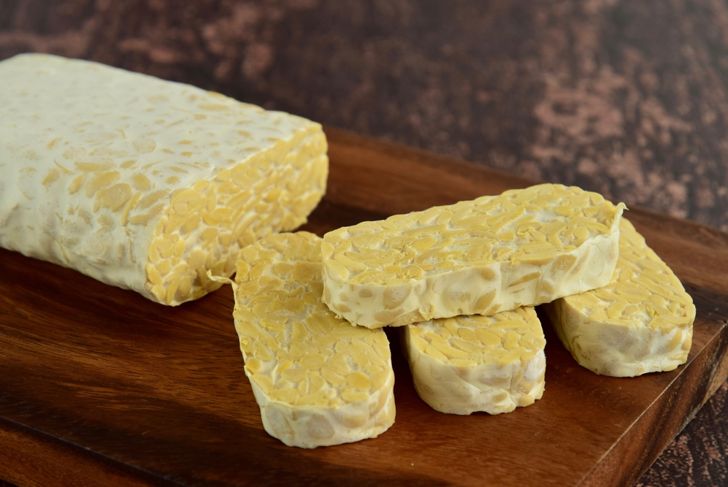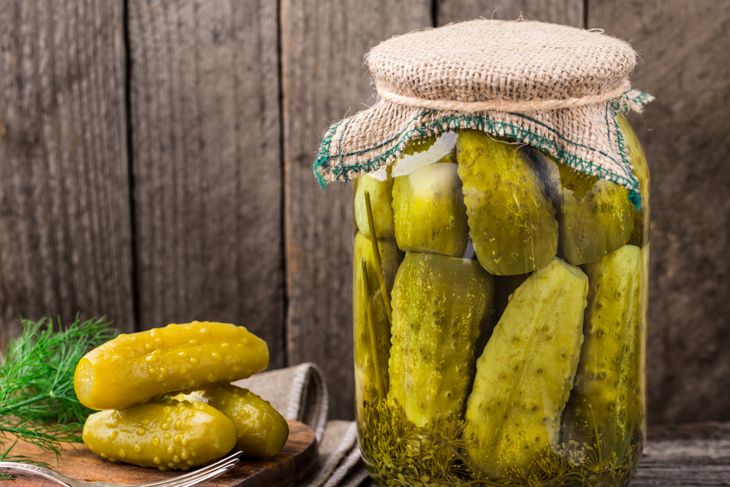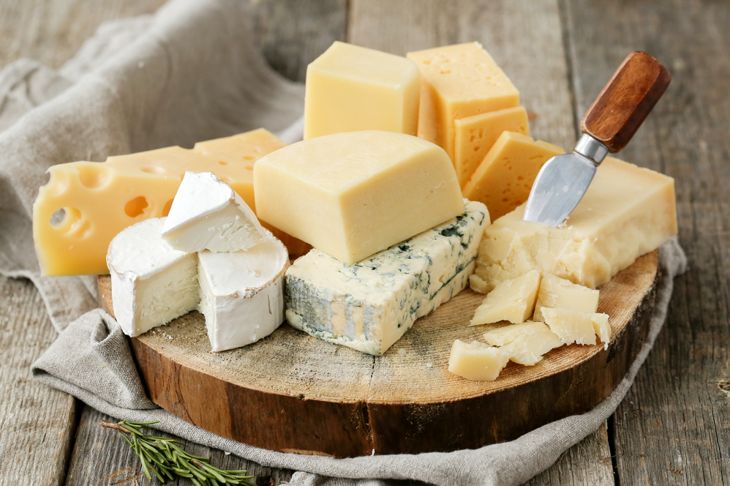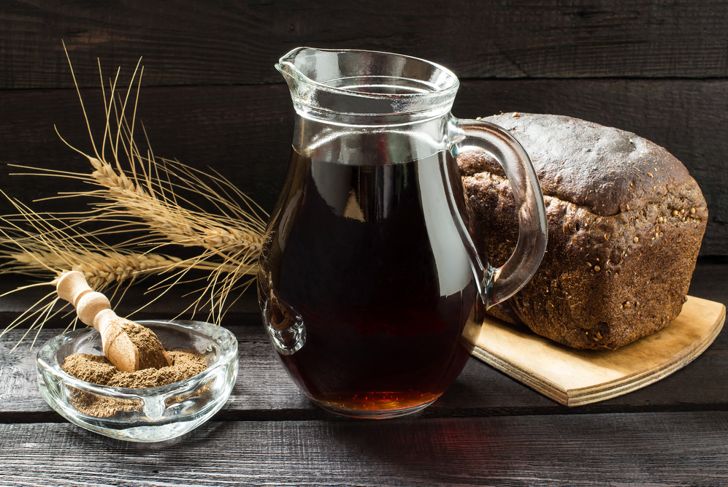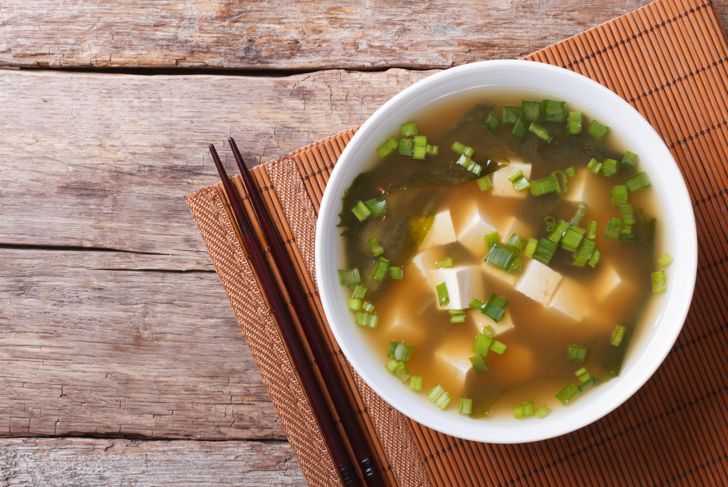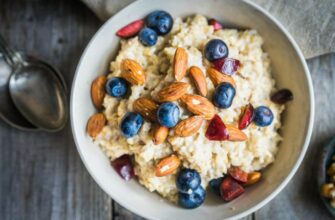Probiotics are good bacteria that line the digestive tract and work with the immune and digestive systems. They ensure proper nutrition absorption from foods we consume, while also fighting off bad bacteria, helping prevent conditions such as eczema, flu, kidney stones, acne, and weight gain. Many foods are rich in probiotics and should be incorporated into most diets.
Yogurt
Yogurt is one of the most popular and widely consumed probiotic-rich foods. Pasteurized milk and two strains of bacteria (Streptococcus thermophilus and Lactobacillus bulgaricus) combine to make this thick, creamy snack. Though making yogurt a regular part of the diet is a good idea, eating foods rich in probiotics is especially important when on antibiotics, which kill off not only bad bacteria but also good while helping rid the body of infection. In addition to temporary illnesses, yogurt can treat symptoms of irritable bowel syndrome (IBS). Labels should note “live active cultures” or “good source of probiotics” — some products are heat-treated after fermentation, which can kill off the live active cultures.
Kefir
Kefir is another probiotic-rich dairy product available in most supermarkets, and unlike yogurt, many people who are lactose intolerant can drink kefir without issue. The beverage is also higher in probiotics than yogurt. Kefir is made by adding lactic acid bacteria and yeast — called “grains” — to cow, goat, coconut, or soy milk. Research suggests the drink can improve bone health, digestive health, and fight infection.
Kombucha
Kombucha is a fizzy fermented black or green tea made with a SCOBY, a “symbiotic culture of bacteria and yeast.” This now-popular drink hit health food stores in recent years, touted as an “immortal health elixir.” While it might not be the cure-all it is reputed to be, many health benefits are cited. Drink only unpasturized kombucha, however, as pasteurization kills gut-healthy probiotics.
Sauerkraut
Sauerkraut is a great source of live active cultures. However, many types of sauerkraut available today are pasteurized or prepared with vinegar instead of the lactic acid that gives the tart food its gut-friendly effects. Fiber, vitamins C, B, and K, iron, and manganese add to the health benefits, but be sure to check the label and buy fermented, unpasteurized sauerkraut.
Dark Chocolate
There is plenty of research into the various health benefits of dark chocolate — not only does it contain important anti-inflammatory antioxidants, but it also provides gut-healthy probiotics. Dark chocolate with 70% or more cacao also delivers prebiotics, a food source for the microbes in your gut.
Kimchi
This traditional spicy Korean side dish is made from vegetables and the lactic acid bacteria Lactobacillus kimchii, as well as some other lactic acid bacteria that boost gut health. Just like sauerkraut, kimchi may come fermented with healthy probiotics, or it may be pasteurized. Choose unpasteurized kimch9 for those live active cultures!
Natto
Soybeans are a staple in Japanese cuisine, and natto or soybeans fermented with Bacillus subtilis bacteria is a traditional Japanese food. Natto is a superfood packed with nutrients and linked to various health benefits. The enzyme nattokinase may help treat cancer, endometriosis, fibromyalgia, and infertility. The probiotic benefits ease gastrointestinal conditions and allergy symptoms and can boost immune function.
Tempeh
Tempeh is another traditional food. Originating in Indonesia, this fermented soybean food is usually found as a loaf or patty, and many people eating plant-based diets use it as an alternative to poultry and meat. A great source of probiotics, protein, and calcium, tempeh also contains many other essential vitamins and minerals.
Pickles
Cucumbers that have been left to ferment in their own lactic acid bacteria along with water and salt become sour and create authentic probiotic-rich pickles; they are a great source of probiotics. These pickles are not stored on a shelf in the supermarket like pickles made with vinegar, but rather, are found in the refrigerated section. They’re low in calories, high in vitamin K, and make for a satisfyingly crunchy snack.
Olives
Two strains of bacteria — Lactobacillus plantarum and Lactobacillus pentosus — naturally ferment salt-water-brined olives. These bacteria reduce bloating and other symptoms of IBS, helping to flatten the stomach. Reach for organic green olives to reap the probiotic benefits.
Raw Cheese
Certain cheeses are a great source of probiotics. For example, soft fermented options such as cheddar, feta, provolone, and gouda contain probiotics because they are made from lactic acid culture and milk and left to ferment for weeks at a time. Cheese is also a great source of protein and calcium.
Kvass
Kvass is a traditional Russian fermented drink made from rye bread; the darker the bread, the darker the drink. Like kombucha, because of its fermentation process and probiotic content, kvass has a similar taste to beer, and develops higher alcohol content the longer it ferments. While traditionally kvass is made from rye bread, it can also be made from other foods such as beets and comes in a variety of flavors.
Miso
Miso, another Japanese staple, is a paste made from soybeans — and sometimes mixed with barley, rice, or rye as well — that is fermented with a starter called koji. It is added to many dishes and is common in miso soup. Research shows that miso can lower heart rate and fight cancer. It provides many essential nutrients, including B-complex vitamins, vitamin K, copper, and manganese.

 Home
Home Health
Health Diet & Nutrition
Diet & Nutrition Living Well
Living Well More
More